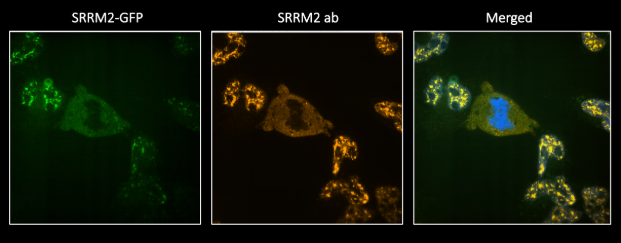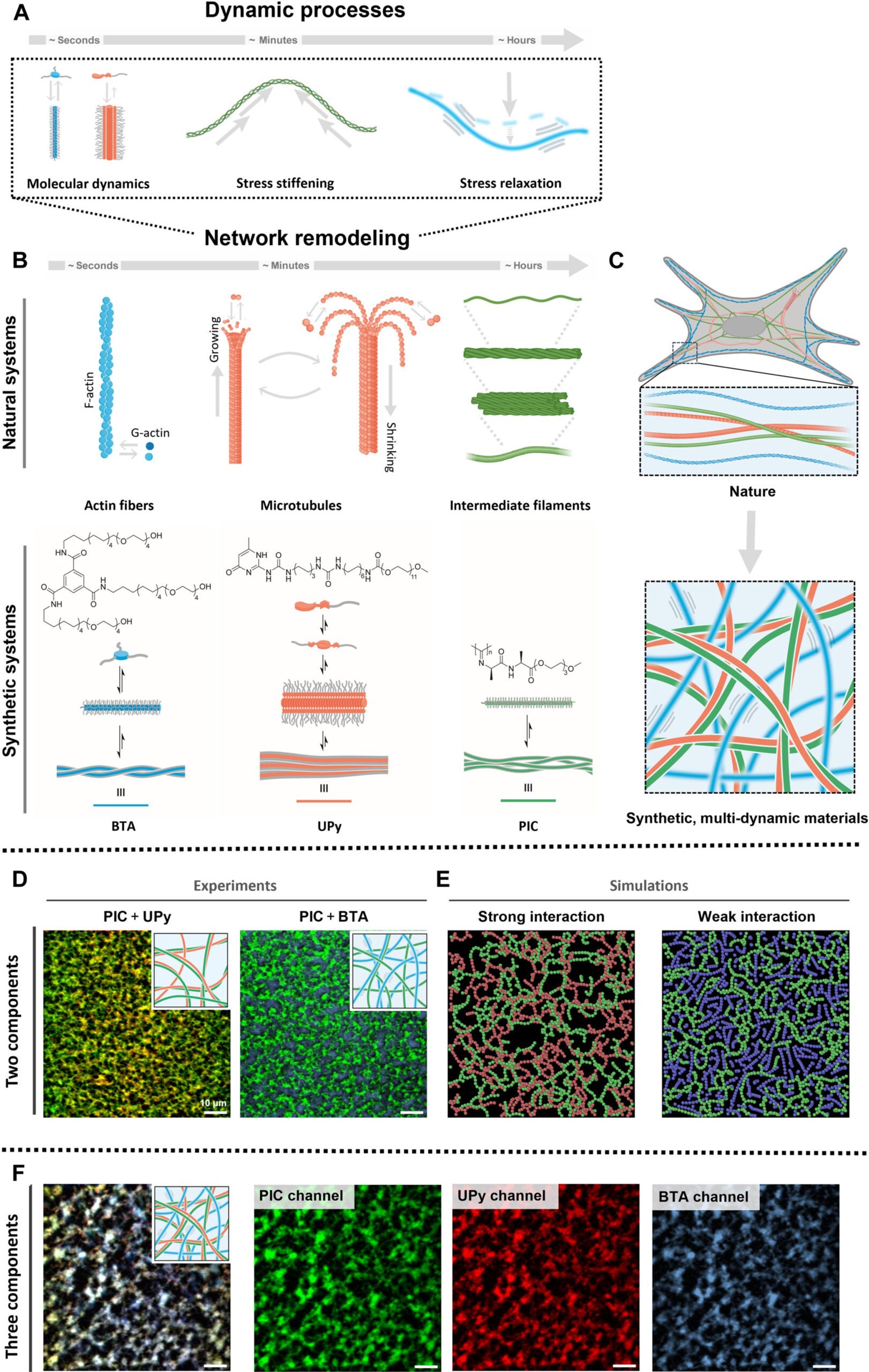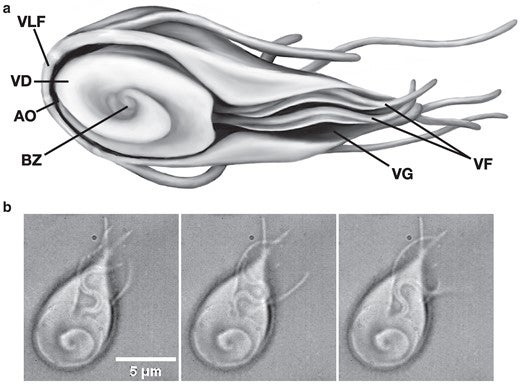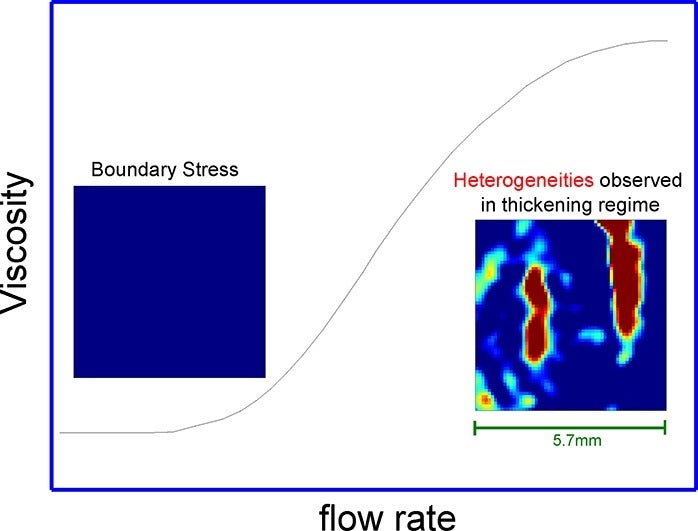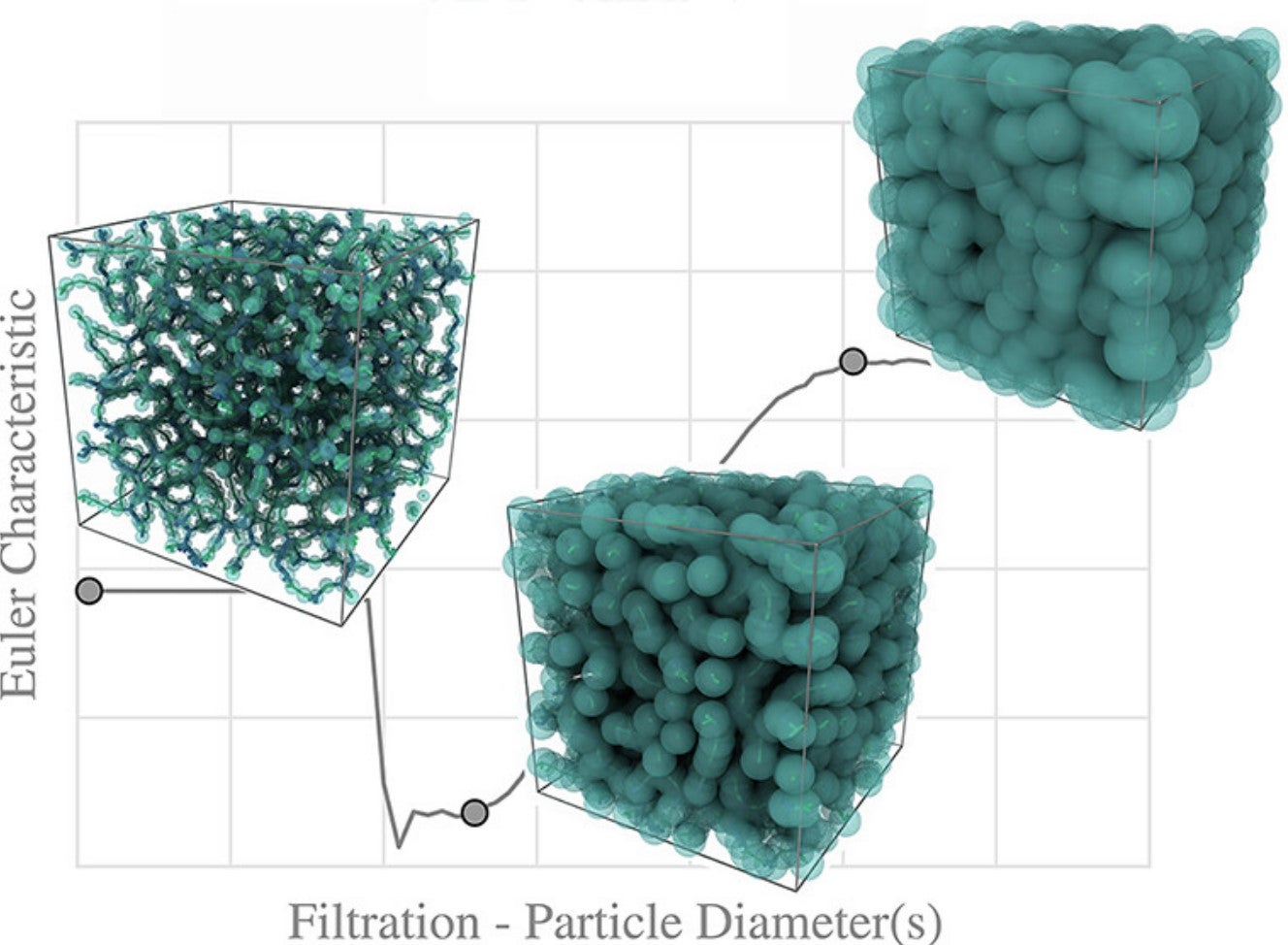Nuclear Speckle Protein SRRM2 Dissolves During Anaphase in Ewing Sarcoma Cells
April 3rd, 2025
A new study led by Dr. Jeffrey Toretsky and his team at Georgetown University investigates the role of the nuclear speckle protein SRRM2 in Ewing Sarcoma (ES), offering fresh insights into how oncogenic condensates influence gene regulation. The research, conducted in collaboration with Julie Forman-Kay’s lab at the Hospital for Sick Children in Toronto, uses advanced imaging techniques to track SRRM2 dynamics in live and fixed ES cells.…

